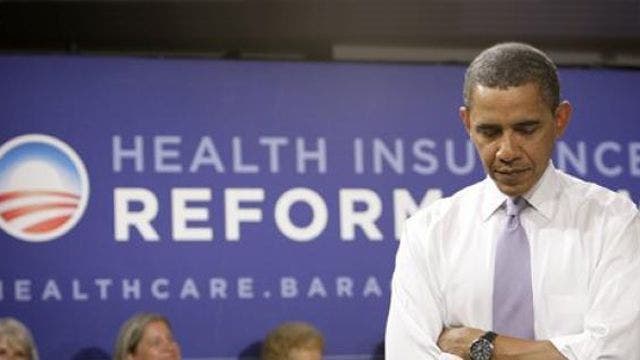 The Internal Revenue Service continues to target pro-life conservative groups applying for tax-exempt status despite pending investigations into the IRS targeting scandal, according to documents obtained by The Daily Caller.
The Internal Revenue Service continues to target pro-life conservative groups applying for tax-exempt status despite pending investigations into the IRS targeting scandal, according to documents obtained by The Daily Caller.
The IRS’ infamous Cincinnati office, which handles applications from groups applying for tax-exempt nonprofit status, badgered pro-life groups for information on their protesting activities as recently as late June 2013, well after IRS investigations began on the floor of the House of Representatives and elsewhere.
from groups applying for tax-exempt nonprofit status, badgered pro-life groups for information on their protesting activities as recently as late June 2013, well after IRS investigations began on the floor of the House of Representatives and elsewhere.
“We’ve had three more groups come to us that have had problems with the IRS — some very recent, some current or still pending. One of them just got their determination letter,” Peter Breen, senior counsel at the Thomas More Society, which represents pro-life groups targeted by the IRS, told The Daily Caller. “It’s continuing, and it needs to be addressed.”
Cherish Life Ministries in Virginia, the LIFE Group in Missouri, and the Emerald Coast Coalition for Life in Florida were all recently targeted by the IRS.
“This supplemental memorandum addresses three (3) new matters which provide further evidence of illegal, unconstitutional, viewpoint-based IRS harassment of pro-life organizations. These new cases also illustrate that harassment has been continuing through the present date,” reads an August 1 memo the Thomas More Society provided to the House Ways and Means Committee at the request of Republican Rep. Aaron Schock of Illinois.
Cherish Life Ministries and LIFE Group were both targeted by the same Cincinnati-based IRS agent, “Mrs. R. Medley,” and both received initial denials of their tax-exempt status with identical wording on April 8, 2013. Both groups were asked by the IRS whether they would “provide alternatives to the pro-life viewpoint,” according to the memo.
Cherish Life Ministries finally received its tax exemption letter last Friday, on July 26, 2013. The letter was dated June 26, 2013. The group initially applied for tax-exempt 501(c)(3) status on March 14, 2012.
“After we got involved and laid out the governing law, we finally just got a letter for them last week. It was stamped a month earlier,” Breen said.
Via: The Daily Caller
Continue Reading....
 Government workers in the city of Seattle have been advised that the terms "citizen" and "brown bag" are potentially offensive and may no longer be used in official documents and discussions.
Government workers in the city of Seattle have been advised that the terms "citizen" and "brown bag" are potentially offensive and may no longer be used in official documents and discussions.







